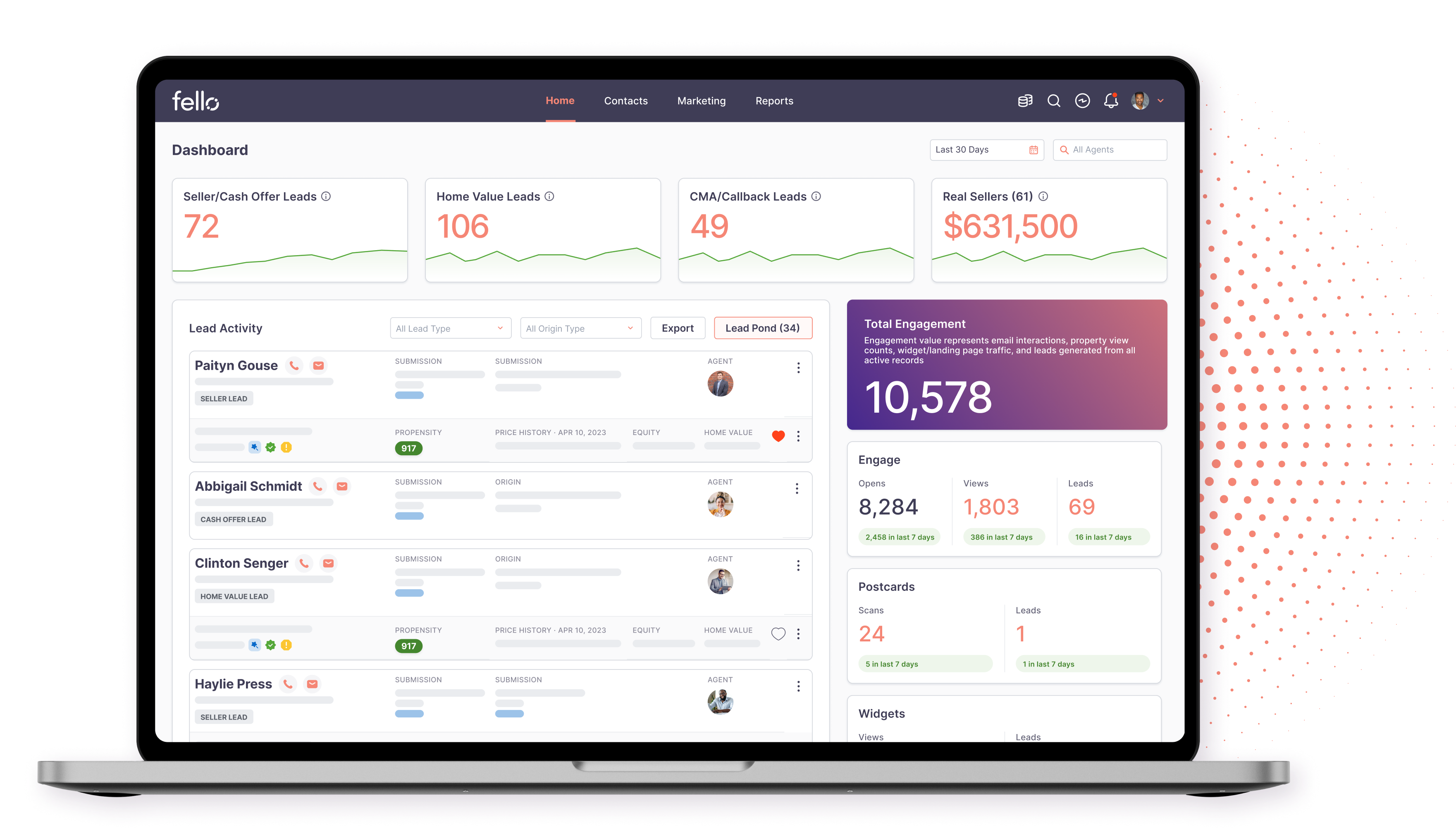Blog Post
Selling Your Home? Learn About the Associated Closing Costs

October 6, 2020 written by Ceci Dadisman
If you are selling your home for the first time, you may be caught off guard with the closing costs associated with the transaction that you'll be required to pay.
Most of the time, these costs are associated with home buying. But unlike the buyer, you are responsible for several fees such as title insurance or real estate agent commissions. On average, these expenses may cover approximately 6-10 percent of the home's selling price.
But before you learn how to compute the amount, it would help if you understood what it means to close a home.
What Exactly Is "Closing A Home?"
This is the final stage of the home selling process. When closing the home, you will exchange documents and money with the buyer to surrender the property ownership to them. The property ownership will be transferred from you to the new owner on the closing date – one exciting moment and experience.
If it's your first time selling property, this entire procedure may feel overwhelming. You want to get done with the transaction promptly, yet a massive list of steps and the associated expenses still have to be addressed. But with the right knowledge, it will be easier to close the home sale within the anticipated time, and you are likely to encounter only a few glitches.
During the closing process, you will go through these primary steps:
Signing The Purchase Offer to Set the Process in Motion
Finally, someone wants your house – how sweet the relief. A buyer is willing and able to purchase your property, and they've demonstrated their intention in writing through a purchase offer. The document holds all details regarding how the property will change hands and determines what each party will keep. As such, you must know what you intend to go with and make this known upfront.
Open Escrow for Holding Crucial Documents and Cash
The earnest money deposit, a small part of the buyer's down payment, is usually due several business days before both parties agree on the home purchase price and place their signatures on the purchase contract. This is a long-used gesture of good faith – you aren't the only party with skin in the agreement. The buyer will create an escrow account that holds the earnest money for both parties until the contract's crucial elements are complete. These include inspections, appraisals, and other essential items.
Clear Title On the Property
You must clear the title before you are finally able to sell your house. This part involves conducting a title search to ascertain whether there still exist any claims, liens, or loans limiting you from transferring the homeownership. Other crucial title issues that you should look out for include paperwork errors, outstanding fees, boundary disputes, contractor liens, or claims to complicate the selling process.
Opening The Home for General Inspection
Honestly, no buyer is willing to gamble by purchasing a home without inspecting it. So when you're stuck with such a contingency, ensure your home is open for your buyer, their agent, or the designated professional inspector. Before this part, ensure you've addressed any malfunctions or structural defects, system problems, and external property issues. While they're in the house, find yourself something to do for about two to four hours.
Negotiate Based On the Findings of the Inspection
Typically, the buyer keeps the inspection reports, so your agent must anticipate any buyer's moves during these final negotiations. If they suggest numerous repair requests, don't be defensive or emotional as this could be a negotiation tactic. It would help if you sit back and allow your agent to review everything the buyer needs to be addressed. If the recommendations are reasonable, and they're the only buyers, you can compromise and sort the issues out.
Use an Appraisal to Ascertain Your Home Value
If your buyer is financing the property, their lender will request an appraisal to avoid funding a higher amount than the home's fair market value. So expect another property evaluation by an appraiser as well as an onsite visit for valuation. Most likely, the property will appraise at the contract price or above it – rarely lower. So ensure the home is ready for one final showing.
Signing The Closing Papers
The nature of this paperwork varies from state to state. Connect with your agent for the appropriate documents for your situation and market. Some of the primary closing documents for completing the home sale include:
- Affidavit of Title
- Property Deed
- Closing statement
- Closing Disclosure
- 1099-S Tax form
Proceeds Collection
Once you and your buyer have fulfilled the applicable terms of the contract and are done signing the relevant escrow documents, you've made it! You may get your check on the closing date or may have to practice a little patience. This period also varies from state to state.
Calculating Closing Costs
As mentioned, closing costs cover between 6 and 10 percent of the selling price. The expenses vary among sellers depending on several factors, such as the legal requirements and the home value. Here are some crucial facets of closing costs for home sellers:
Real Estate Agent Commissions
These professionals part with a share of the proceeds. The standard amount is usually 6% and is split by half between agents from your side and the buyer. So selling a house valued at $300.000, for instance, would attract a commission of $18,000 from the sale proceeds.
Title Insurance
This covers the lender, protecting them from any disputes or issues over the title once the sale is done. It may cost about $1,000 to acquire a lender policy, but you may pay a lower amount depending on your state of residence.
Closing Attorney's Payment
The real estate attorney who supervises the closing records and paperwork is also entitled to a small fraction of the profits. This fee may fall anywhere between $500 and $1,500, but there's a silver lining: the requirement to hire an attorney varies from state to state.
Transfer Tax
This is the fee that you'll pay to facilitate the deed transfer from you to the buyer. Not every state has this closing cost, and the amount varies widely in locations where it exists. Some states charge a flat rate, while others compute the amount based on the home selling price.
Recording Fees
This cost will cover the expense of recording the transaction and transfer of property ownership with your local register of deeds. It is among the lowest closing costs and may take a few hundred dollars.
Relief from the entire hassle of closing your house
Are you still finding it hard to calculate closing costs? Is it your first time selling your home, and you are experiencing challenges? Selling your house to FlashHouse can relieve you of the stress associated with selling a home.
The process is also simple. It begins with you telling us the details about the house, such as the features and upgrades, and closing preferences. Within 24 hours, we will send you your competitive FlashOffer. You'll only need to accept it, and we'll handle the rest.
Our expert concierge service will offer apt guidance through the whole procedure from property assessment to title to closing and transfer. Contact us today for more information.

Ready to start driving more seller leads on autopilot?

